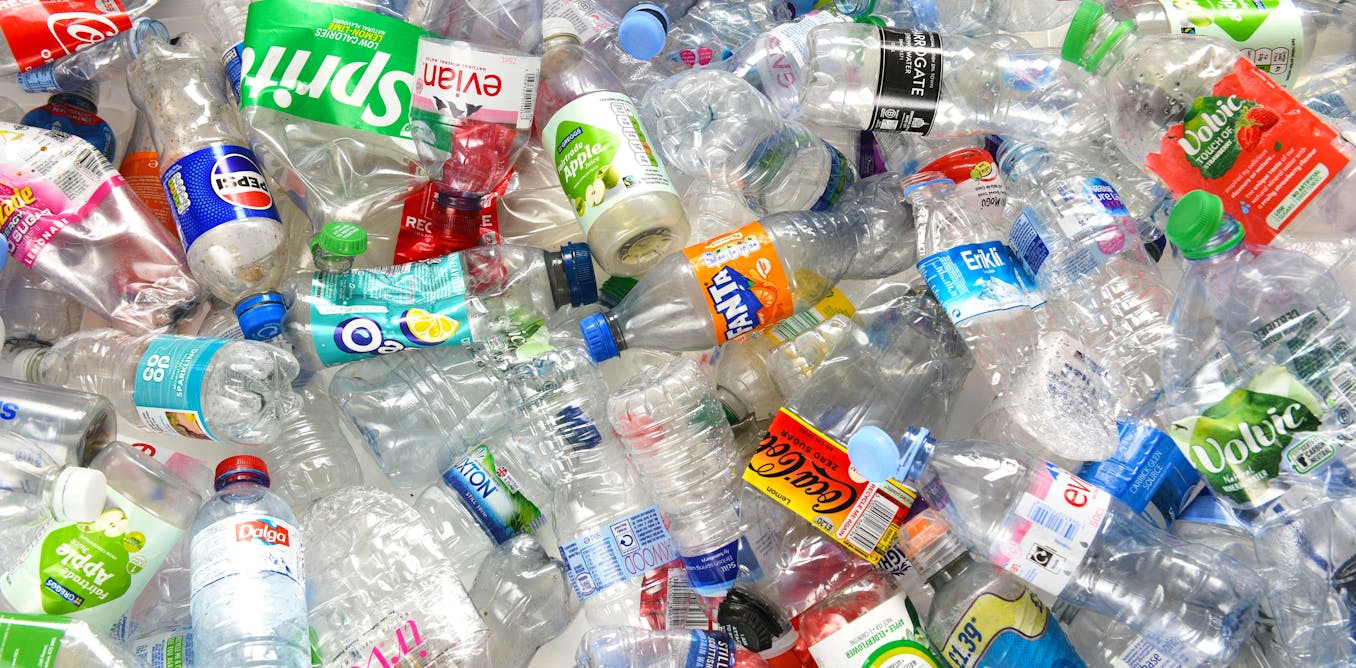Nearly a decade after the Paris agreement, the world is emitting more greenhouse gases than ever. Global emissions reached a record 53 billion tonnes in 2024 ā about 10% higher than in 2015, when the deal was signed. Despite near-universal participation, the international effort to cut emissions is failing.
The Paris system, built on voluntary pledges, has turned into more of a reporting exercise than a coordination mechanism.
Even if all countriesā pledges were fully implemented, global emissions would be only 2.6% lower than 2019 levels by 2030 (versus 43% required).
Paris succeeded in creating a shared language of ambition and reporting, but not in enforcing collective compliance. It now functions less as a steering mechanism and more as a global scoreboard, showing who is ahead or behind. The absence of binding rules made universal participation possible ā but also removed incentives to stay on course.
Emissions within acceptable limits
The world is entering the age of āmanaged emissionsā ā an era of containment, not cure. Instead of eliminating greenhouse gases, governments are learning to live with them, keeping pollution within politically acceptable limits.
Deep decarbonisation is being pushed further into the future, perhaps the 2060s or 2070s. Each revision of global scenarios quietly redefines delay as progress.
JKVisuals / shutterstock
Climate policy as industrial strategy
The erosion of cooperation hasnāt led to inaction. Instead, it has sparked a new kind of race: competitive decarbonisation.
Major economies are cutting emissions mainly to strengthen energy security, secure industrial advantage, and expand geopolitical influence. Clean-energy investment reached around US$2.2 trillion in 2024, mostly concentrated in China, the EU, and North America. Climate action is now shaped more by a desire to promote key industries than by multilateral coordination.
A new industrial climate regime has emerged where success is measured by national market share in clean technologies, not by collective progress toward global goals.
This shift is also geopolitical. The rivalry between the US and China has spilled into climate policy, with each using green leadership to project influence and set global standards. Competition over clean technologies has encouraged export restrictions and trade disputes, stifling open collaboration.
The race for critical minerals adds another layer. These resources are essential for renewable technologies, and nations are moving from cooperation to resource nationalism, securing supplies by forming strategic partnerships and investing heavily in domestic mining.
At home, governments are tailoring climate policies to domestic interests. Action on climate is now tied to industrial jobs, competitiveness, and voter expectations.
Protecting economies, not the planet
To prevent ācarbon leakageā ā where companies relocate to countries with weaker rules ā rich nations are introducing trade measures such as carbon border adjustments. These policies aim to protect national industries while maintaining environmental standards, but they also risk deepening global divides.
Developing countries argue that wealthy nations have failed to deliver on climate finance and technology transfer, promises central to the Paris deal. The result is an erosion of trust: poorer countries see a system that benefits the industrialised world while restricting their own growth.
These trends reveal something deeper than a shortfall in ambition. They expose an illusion of control. Despite record investment, global emissions continue to rise because todayās governance tools no longer match the scale and complexity of the energy system. The world is not defying Paris by choice, but by design ā through a framework relying on voluntary pledges in a fiercely competitive global economy.
This is not necessarily a story of failure. The shift from cooperation to competition has unleashed investment, innovation and the deployment of clean technologies. Yet without global alignment, progress is uneven at best.
The challenge ahead is not only technological but moral: can global governance resist the comfort of incremental progress? Can it reclaim a sense of shared direction?
If āmanaged emissionsā become the accepted destination, humanity may master adaptation yet forfeit transformation. At the UNās Cop30 climate summit, the task is not merely to promise more ā but to recover belief in collective action before it quietly disappears.

The post “How climate cooperation turned into a global race for green power” by Rahmat Poudineh, Honorary Research Associate, Oxford Sustainable Finance Group, University of Oxford was published on 11/14/2025 by theconversation.com





































Leave a Reply